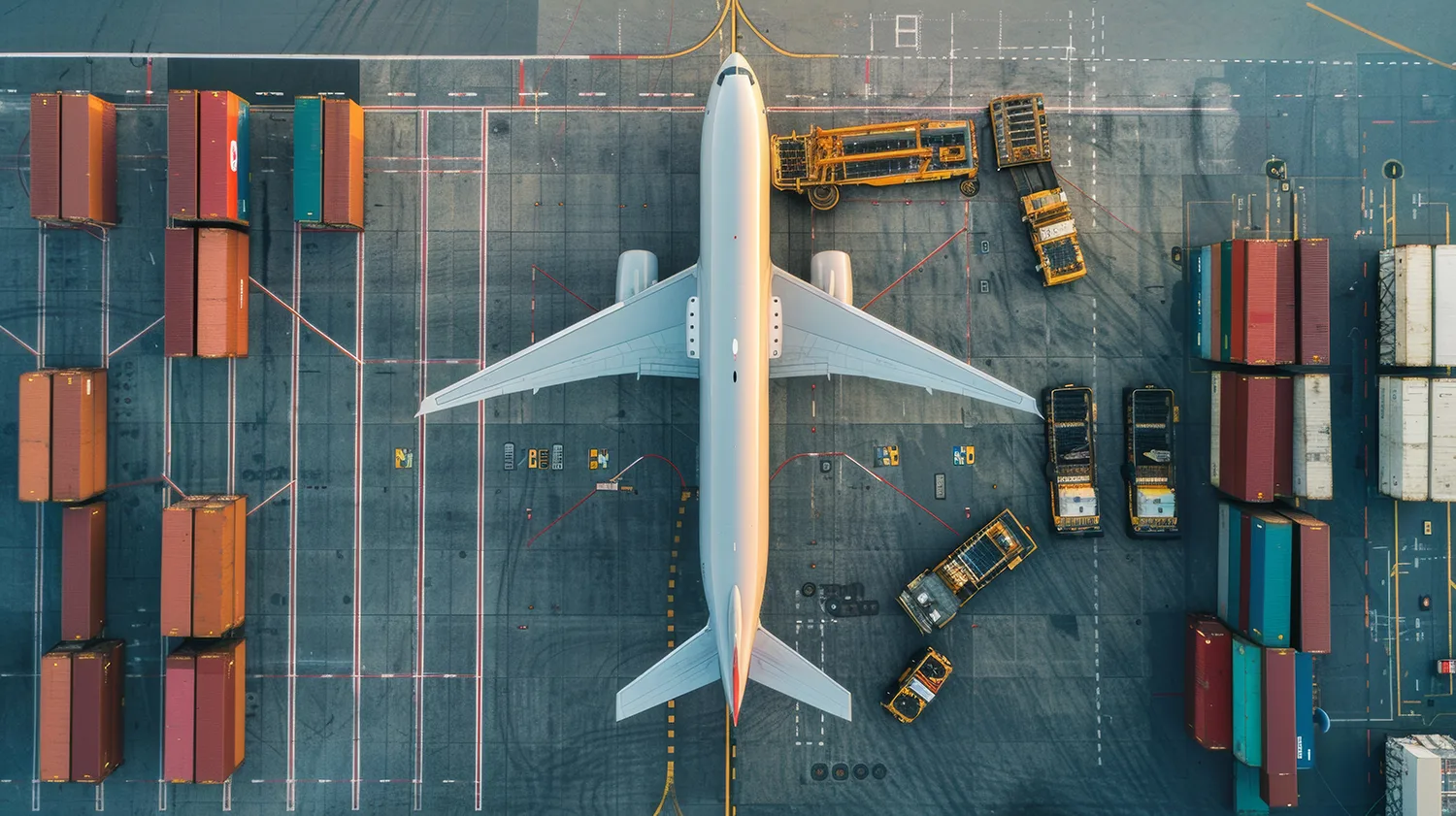Air freight is the process of transporting goods by aircraft. It is the fastest method of cargo transportation, making it ideal for time-sensitive shipments. Whether it’s perishable goods, high-value items, or urgent documents, air freight ensures that cargo reaches its destination quickly and efficiently.
The primary advantage of air freight is speed. While sea freight can take weeks to transport goods across continents, air freight can accomplish the same in a matter of days. This speed is crucial for businesses that rely on just-in-time inventory systems or need to meet tight deadlines.
Air freight is generally more expensive than other modes of transportation due to the high costs associated with fuel, aircraft maintenance, and airport fees. The cost of air freight is typically calculated based on the weight and volume of the shipment. As of early 2023, international air cargo rates range from approximately $3.00 to $7.00 per kilogram1. Factors such as the type of cargo, distance, and available space can influence these rates.

Express Air Freight: This service is used for urgent shipments that require the fastest delivery times. It often involves next-flight-out options and is ideal for high-priority items.
Consolidated Air Freight: This cost-effective option combines multiple shipments into one flight. While it may take slightly longer due to the need to wait for all shipments to arrive, it offers significant savings.
Charter Services: For large or specialised shipments, chartering an entire aircraft may be necessary. This is the most expensive option but provides flexibility and control over the shipping process.
Deferred Air Freight: This option is more economical and suitable for less urgent shipments. It involves placing cargo on standby until space becomes available on a scheduled flight.
Passenger Aircraft: Cargo is transported in the belly hold of passenger planes. This method is suitable for smaller shipments and is often used for express services.
Cargo Aircraft: These planes are specifically designed for freight and can carry larger and heavier shipments. Examples include the Boeing 747-400F and the Airbus A330-200F.
Combination Aircraft: These planes carry both passengers and cargo, offering flexibility for airlines to maximise their load.
Air freight is commonly used for high-value, time-sensitive, and perishable goods. Some of the most popular items transported this way include:
Pharmaceuticals: Medicines and medical supplies that require fast and temperature-controlled transportation.
Perishable Goods: Fresh produce, seafood, and flowers that need to reach markets quickly to maintain freshness.
Electronics: High-value items such as smartphones, laptops, and other consumer electronics.
Fashion and Apparel: Clothing and accessories that need to meet seasonal demands and fashion trends.
Automotive Parts: Critical components for just-in-time manufacturing processes.
Documents and Parcels: Urgent documents and small parcels that require rapid delivery.
Air freight is an essential component of the global supply chain, offering unmatched speed and reliability for transporting goods. While it comes at a higher cost, the benefits of timely delivery and the ability to meet urgent demands make it a valuable option for many businesses.
For your next air freight delivery contact our freight forwarding experts for a free quote or to make a booking.
Simply complete the form below and one of our friendly team will be in touch shortly.
Contact JTM Cargo Management today for hassle-free transportation of your goods and cargo. Our coastal and sea freight options are secure and reliable.